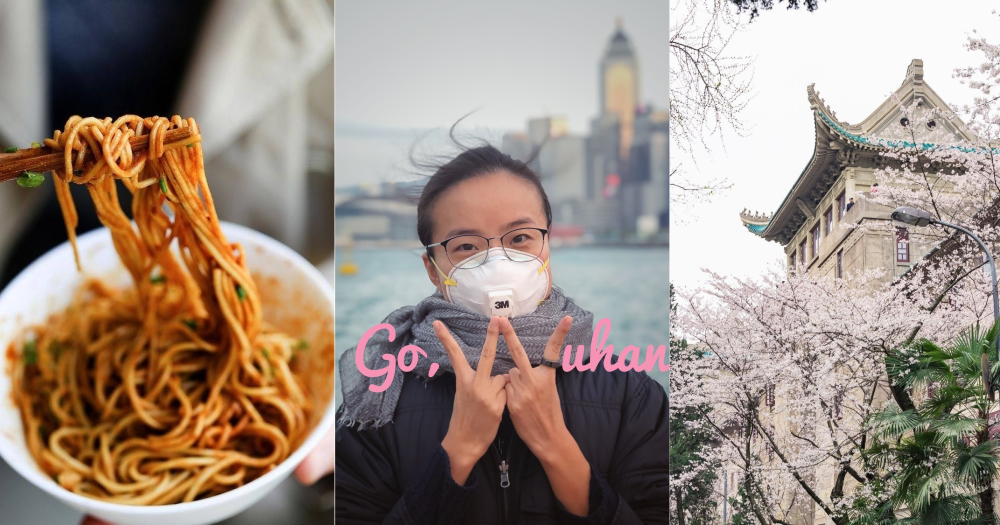A new coronavirus outbreak started in Wuhan last December and quickly spread throughout the rest of China and beyond within two weeks time.
The world is currently seized by fear of the new coronavirus outbreak while Wuhan, the epicentre of the virus, has been locked down.
But that's definitely not what Wuhan used to be and it's no doubt heartbreaking for people in Wuhan to see their hometown in such plight. Some even had to bear with the criticism that has been levelled against the city.
Wuhan lady reminds people to "not build up walls between our hearts"
One Wuhan lady named Yuli Yang, now living in Hong Kong, penned her thoughts about how the virus outbreak has affected her hometown.
Through the post, Yang hopes to remind people that despite the gloom, the Wuhan has shown an "amazing truth" -- just how interconnected people around the world are:"This virus brings death and fear. It also reveals an amazing truth — that we’re all interconnected, so much more closely than we might have thought.
Plato claimed that the entire universe is a single living organism. But we don’t need to look to Plato to know that the world can only survive this crisis if China pulls through it. And China can only pull through when Wuhan heals. Like it or not, this is the reality of our oneness."
More than just the epicentre of the virus outbreak, Wuhan is a beautiful city with a rich culture and heritage, said Yang.
She hopes that through her sharing, people will "not to build up walls between our hearts" and be more compassionate and supportive towards the Wuhan people.
"Your support will empower them. And that is the first step of our collective healing."
If you were to search for Wuhan a few weeks ago, what Yang described will probably appear on your search results instead.
Food
Yang introduces a famous dish called "Hot Dry Noodles" from Wuhan which she describes it to taste like spaghetti in thick and rich sesame sauce, garnished with fresh spring onions.
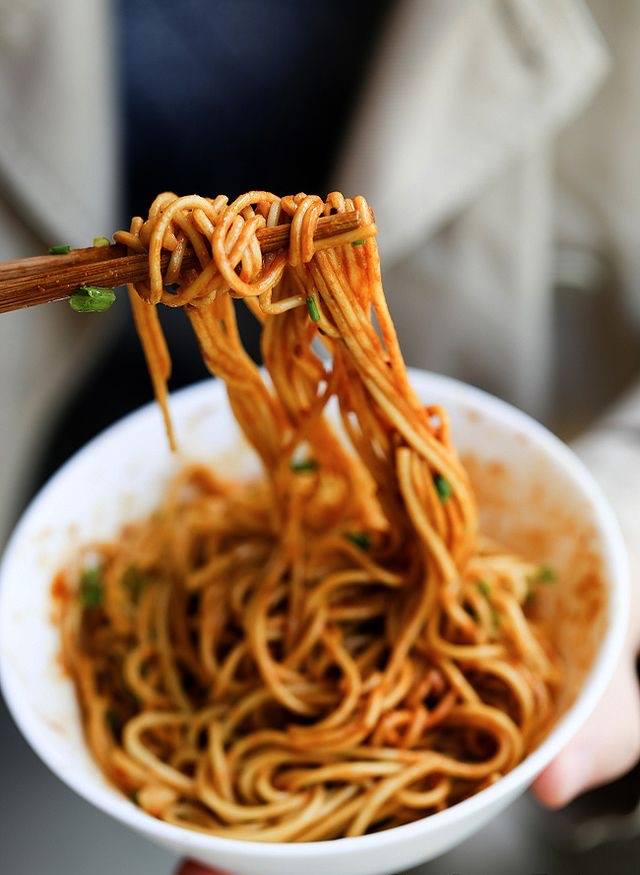 Photo from Yuli Yang/Facebook.
Photo from Yuli Yang/Facebook.
Wuhan is also famous for other foods. Here are some other examples:
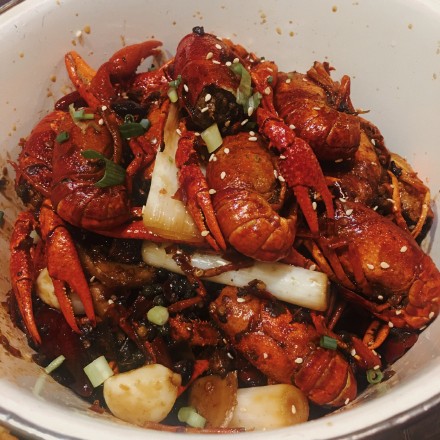 Photo by 电气暂态模拟/Weibo.
Photo by 电气暂态模拟/Weibo.
 Photo by 电气暂态模拟/Weibo.
Photo by 电气暂态模拟/Weibo.
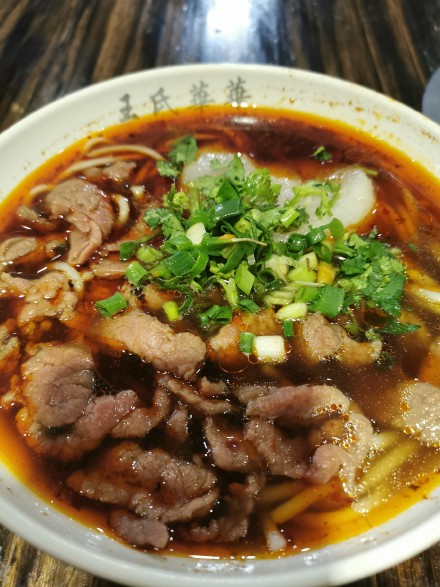 Photo by 电气暂态模拟/Weibo.
Photo by 电气暂态模拟/Weibo.
People
Chinese tennis player Li Na is a Wuhan native. She is the first Asian-born player who was inducted into the International Tennis Hall of Fame in 2019.
Li was also China’s first Grand Slam singles champion in 2011, French Open.
At her career-high, Li ranked World's number two in Women's Tennis Association in 2014.
She's from Wuhan.
Using Li as an example, Yang describes Wuhan as a city of rebels where an armed rebellion in Wuchang district kicked off a Xinhai revolution that eventually overthrew China's last imperial dynasty in 1911.
Indeed, that streak of passion and determination lives through its people until this day.
Nature
Wuhan is part of Hubei, the province of a thousand lakes.
Just in Wuhan alone, one can find many beautiful lakes to visit such as the East Lake. In summer, one will also see many lotus flowers blossoming from the water surface.
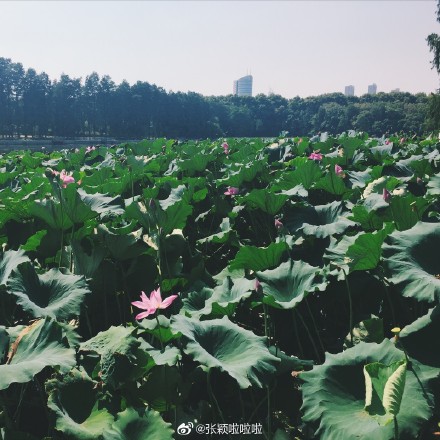 Image by 张颖啦啦啦/Weibo.
Image by 张颖啦啦啦/Weibo.
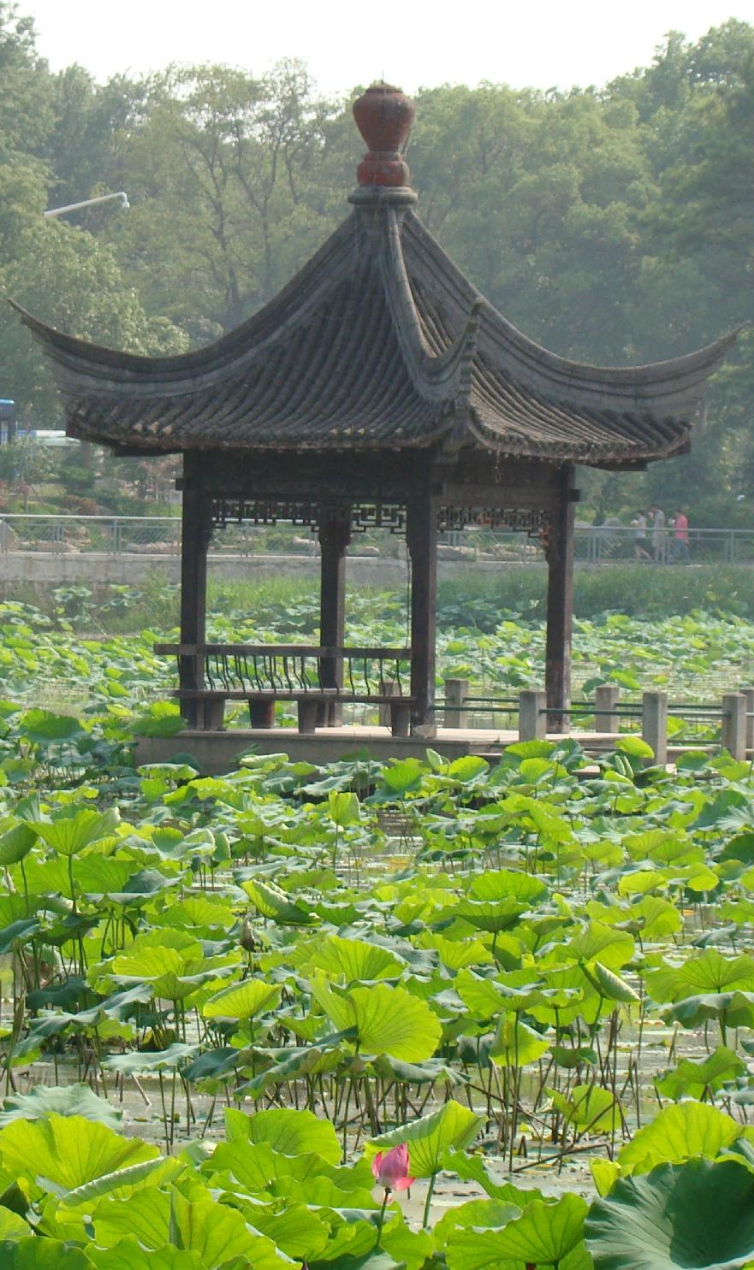 Image via TripAdvisor.
Image via TripAdvisor.
Wuhan also boasts beautiful cherry blossoms.
In spring (around March), Wuhan's East Lake and Wuhan University are surrounded by beautiful cherry blossoms.
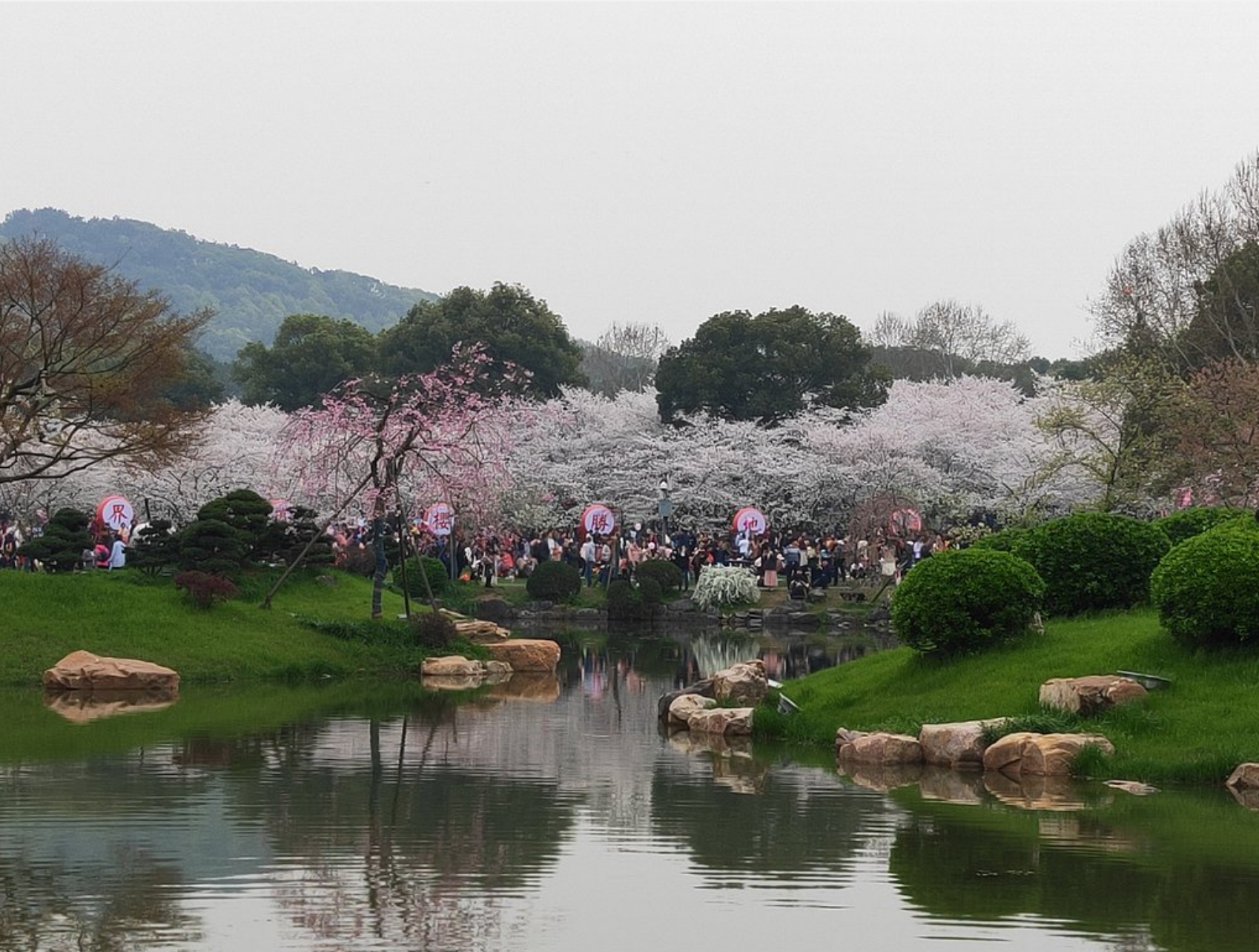 Photo via TripAdvisor.
Photo via TripAdvisor.
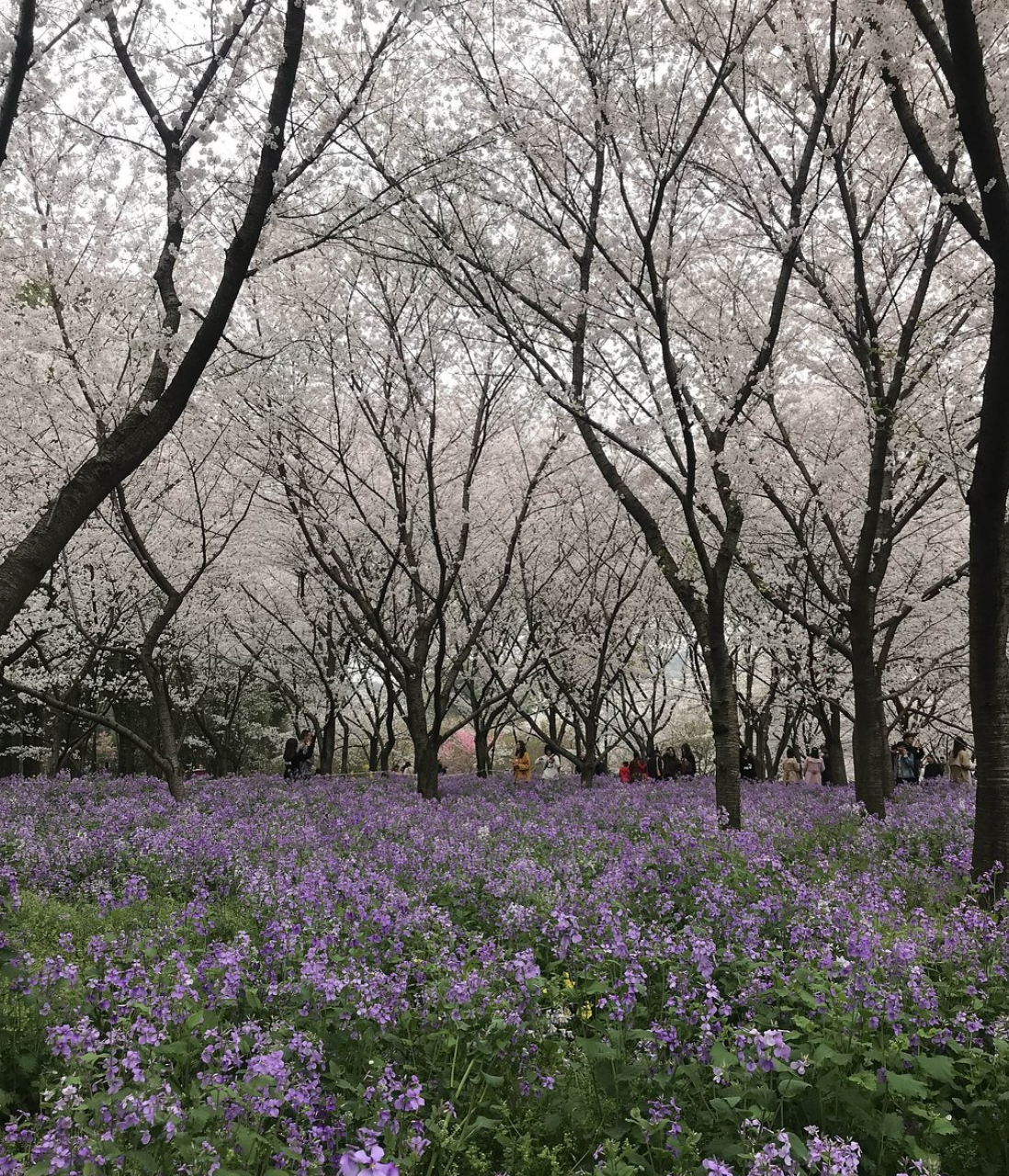 Photo via TripAdvisor.
Photo via TripAdvisor.
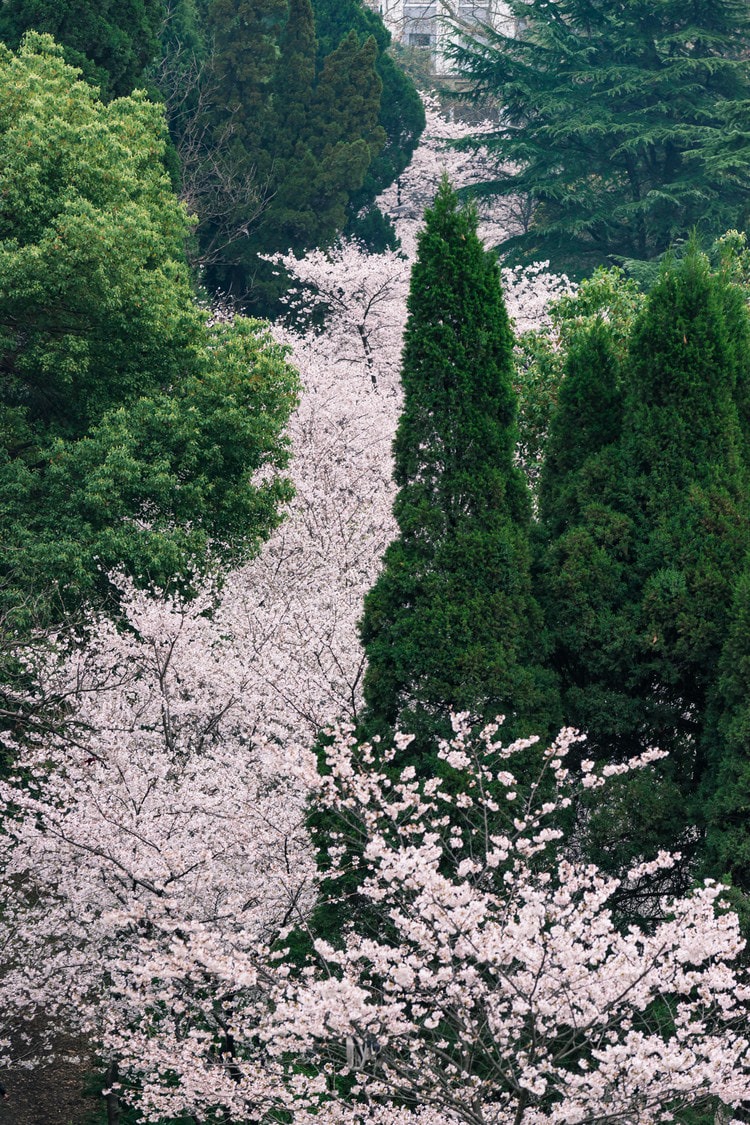 Photo by 玩转中国/Facebook.
Photo by 玩转中国/Facebook.
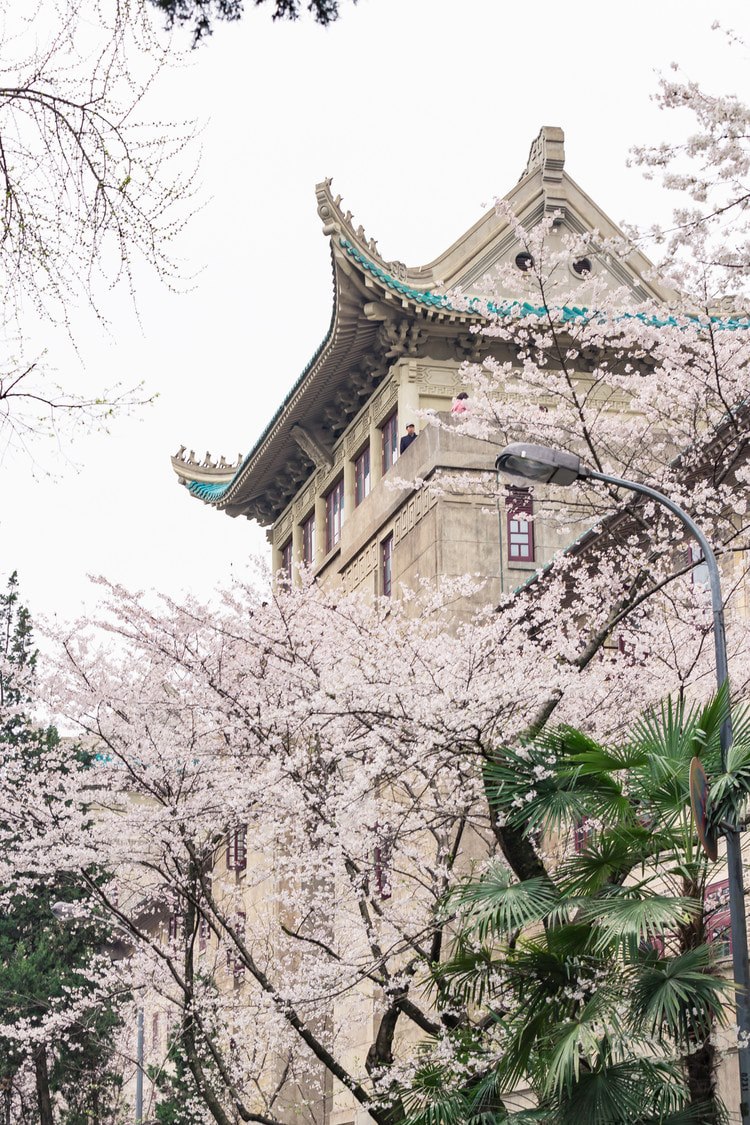 Photo by 玩转中国/Facebook.
Photo by 玩转中国/Facebook.
Hopefully, by then, Wuhan (and the rest of the world) would have recovered from the new coronavirus infection.
History
Lastly, Wuhan is also one of the most ancient cities in China with 3,500 years of history.
Yang shared in her post about how the Chinese word "Zhi Yin" which means "soul mate" came about from a Wuhan tale which is over 2000 years old.
The word came from a story about a musician named Yu and his friend named Zhong.
Here's what she wrote:
An Ancient Tale of Bromance
One autumn night, 2000+ years ago, Yu, a musician, was playing his Qin, an ancient Chinese string instrument, by the river under the moonlight. Zhong, a man who was walking by the river, adored Yu’s music and stood there for a long time relishing the sound. The pair soon began chatting and Yu was in awe how deeply Zhong understood his music. The two promised to meet again next year, same place, same time (speaking of scoring a second date!). A year later, Yu played his Qin by the river again and waited. But there was no Zhong. He learned that Zhong had died, and before his death, Zhong had asked to be buried near this spot by the river, so that he could listen to Yu’s music. In agony, Yu smashed his Qin on a platform and said: “The only one who truly knows my melody is no longer in this world. What’s the point of this Qin now?”. Today that spot is known as Qin Tai (literal translation: platform for Qin) — an area down by the river in Wuhan. And until this day, in the Chinese language, the word Zhi Yin, or "one who knows the melody", is still a synonym for a friend who truly knows you.
And a friend like that is what Wuhan people need the most right now.
Top photo collage via Yuli Yang/Facebook & 玩转中国/Facebook.
If you like what you read, follow us on Facebook, Instagram, Twitter and Telegram to get the latest updates.
